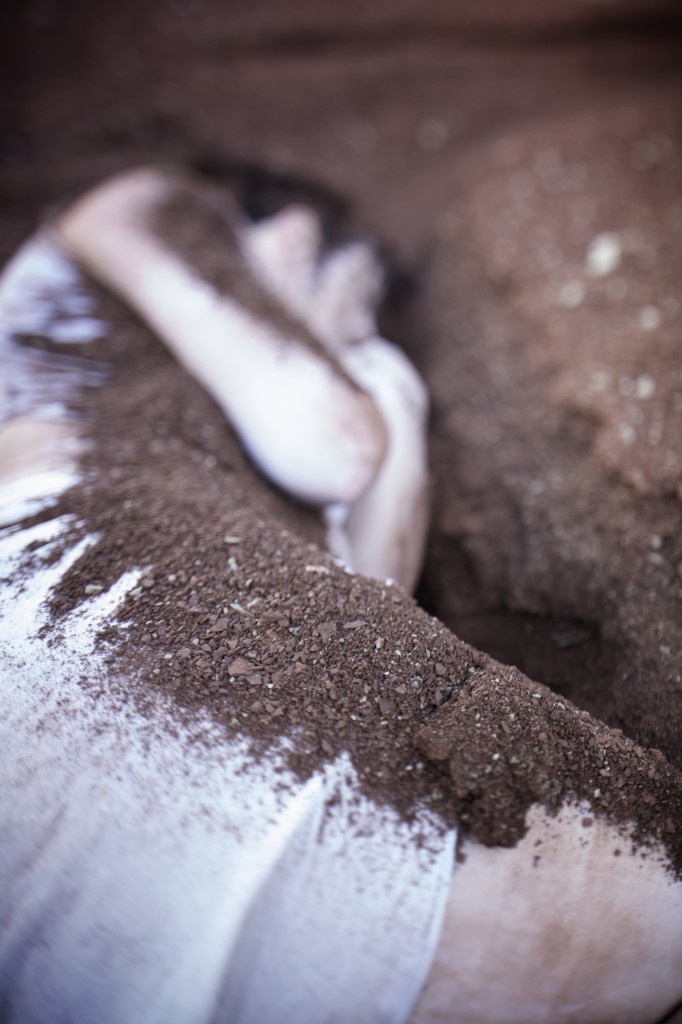Land, Dance
This practice involves looking at relationships to wilderness through movement and vocal practices on and within landscape. Living directly in a particular land and recording the practices in that place inside that season, a relationship is created to that location and will be recorded with camera, microphone, paper, water, earth and body.
I am interested in how the body loses or changes time while working in wild and urban spaces. How does a human in nature impose temporality on that place? This human temporality is another way of understanding a different colonialism; you impose your timeframe on a landscape and deprive it of its own. But is the ecology that results just for our ears/eyes/body?
Inside a body’s relationship to the environment is a different nonhuman relationship to wilderness. What parts or aspects or dimensions of the body are being engaged when in these places that are not usually being engaged in an urban setting. What occurs between human and land? What is the implied relationship to place? How do we belong in landscape? What is the shared heritage?
Embodied knowledge, is used as a way to record the stories that encapsulate that landscape research. An interpretation of the stories that are owned and those that are not for sale. What kind of experiences do you go through to have an empowered, ethical response to landscape/environment/ecology?
The practice asks: what is the embodied impact humans have on learnign through landscape? The type of learning that revolves around traditional exchanges, storytelling and tacit understandings of the places we live with, on and inside.


Recent Comments